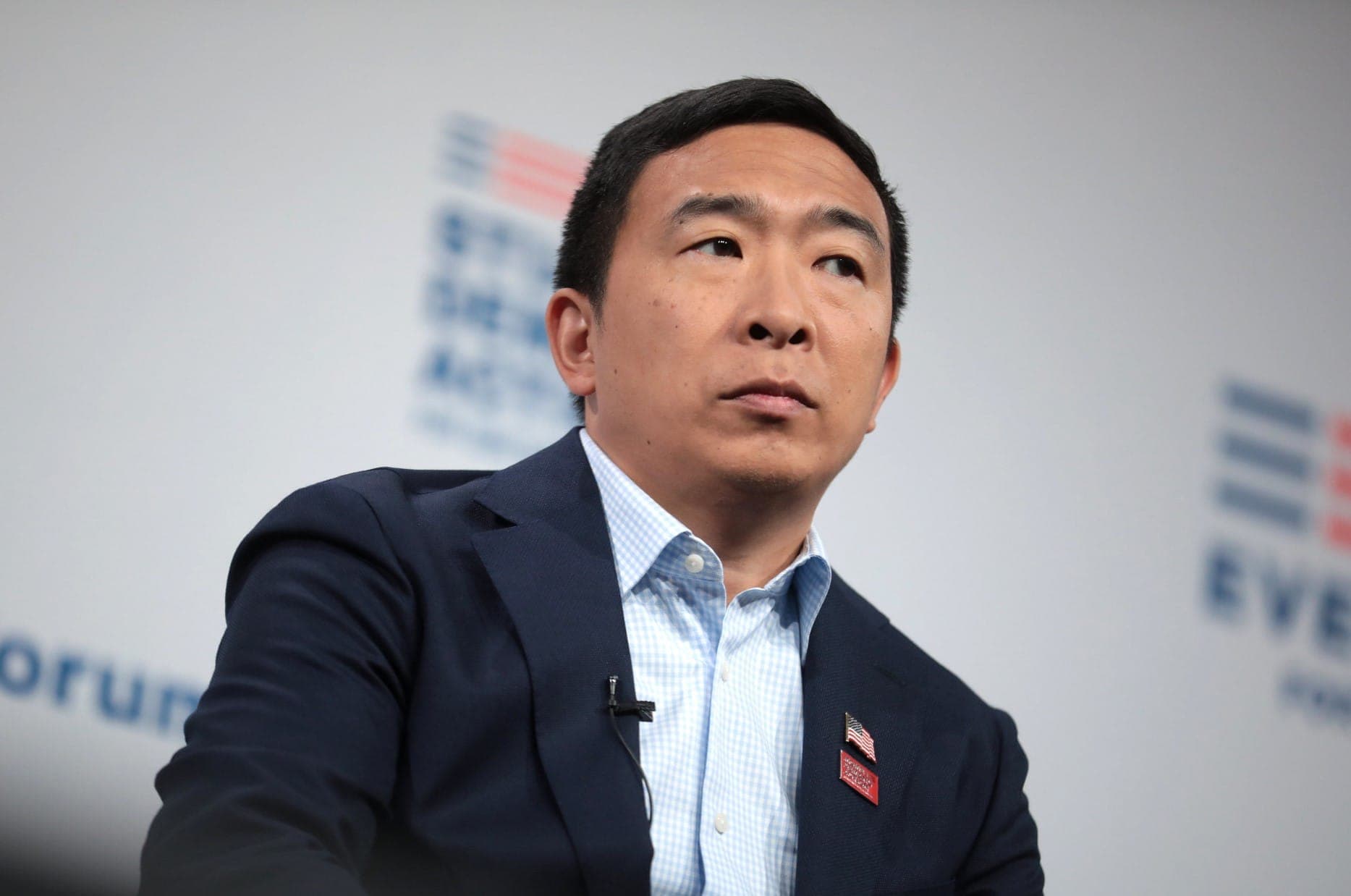Kansas Bill Would Make It Impossible for Many Independents to Run for Statewide Office

Photo By: Philip Oroni / Unsplash
The Kansas House approved a bill Thursday that aims to make it substantially harder for independent candidates to qualify for the statewide ballot. Not only does the bill more than quadruple the current signature requirement, but it eliminates the ability to pay a filing fee in lieu of signature gathering.
Here is what readers need to know.
The Bill
HB 2516, sponsored by the Kansas House Committee on Elections, changes the signature requirement for independent candidates from 5,000 signatures to 2% of the last statewide vote total -- which would mean about 21,000 signatures in 2024.
The bill also eliminates an independent candidate's ability to pay a filing fee in lieu of the signature requirement.
The Kansas House Committee on Elections is chaired by Republican Rep. Pat Proctor. It is composed of 9 Republicans and 4 Democrats. HB 2516 passed the House with a 68 to 52 vote, with 5 absent and not voting. Sixteen Republicans joined 36 Democrats to vote against it.
The current makeup of the House is 85 Republicans and 40 Democrats. Three Republicans didn't vote on the bill, neither did 2 Democrats. Every single member of the majority leadership, including Speaker of the House Daniel Hawkins, voted in favor of the bill.
Why The Legislative Majority Wants the Bill
The bill is considered a reaction to the Republican Party's back-to-back losses for the governor's seat (most recently in 2022), which they blamed on an independent candidate being in the race.
It's called the "spoiler argument" and it is something both parties use to discredit the legitimacy of independent and third-party candidacies. The actions of Kansas Republicans aren't dissimilar from how Democrats are responding to independent Robert F Kennedy Jr.
In 2022, Kansas State Senator Dennis Pyle -- a former Republican -- ran for governor as an independent. He garnered 20,452 or 2.03% of the vote in an election Democratic Gov. Laura Kelly won with 49.54% of the vote. Republican Derek Schmidt came in second with 47.33%.
The argument from Republican leaders is that Pyle siphoned votes away from Schmidt and cost him the election. However, the math doesn't support this claim. Looking at the percentages alone shows that Schmidt trailed Kelly by 2.21 percentage points -- which is more than the 2.03% of the vote that went to Pyle.
Pyle received 20,452 votes. Schmidt lost to Kelly by 22,258 votes. Even if Schmidt took 100% of Pyle's votes, he still would have lost. And this puts aside variables like how many of these voters would have elected to not participate in the race if Pyle wasn't on the ballot.
The Credibility of Independent Candidates
Both parties use the spoiler argument to question the credibility of independent and third-party candidates, and in their reasoning for supporting HB 2516, many Republican lawmakers relied on the credibility argument to justify the bill's existence.
For example, Rep. Les Mason said the goal of the bill is to "to make sure that the independent candidate is serious and credible, not motivated by ego or personal vendetta or just wanting to regale their grandkids someday with tales of how they ran for governor.”
Pyle was an elected representative in Kansas -- and still is today. He serves in the Kansas Senate as an independent. Even if his motivations for running had to do with grievances with GOP policies, it's hard to say he wasn't a legitimate candidate for governor.
The independent who ran in 2018, Greg Orman, is a successful businessman who has deep roots in Midwest politics. He ran for US Senate in 2014 in a two-person race against then-US Sen. Pat Roberts and received 42.5% of the vote.
In both races, Orman ran as a fiscally conservative and socially tolerant candidate for voters with no political home and believed Kansas needed elected officials who put long-lasting problem solving ahead of partisan politics.
When he ran for governor, Orman submitted double the number of valid signatures needed to qualify for the ballot. And yet, party leaders say his candidacy was not legitimate or credible.
They sure thought he was a credible candidate when they tried to force a Democratic candidate's name to remain on the ballot in the 2014 US Senate race.
Is HB 2516 Even Legal?
Ballot access expert Richard Winger recently reported on his platform, Ballot Access News, that HB 2516 conflicts with existing court precedent that states cannot pass and implement new ballot access requirements during an election year.
Winger writes:
"Kansas is in the Tenth Circuit. In 1984 the Tenth Circuit ruled in a Wyoming case that states cannot increase ballot access barriers in an election year and expect the new requirement to take effect immediately. The Kansas bill, if passed, will be in violation of that ruling, because it takes effect this year."
What's Next?
The bill has been delivered to the Kansas Senate. The makeup of the chamber is 28 Republicans, 11 Democrats, and 1 independent. If approved and signed into law, Kansas would have one of the toughest ballot access requirements for statewide office.
The Wichita Eagle reports that Orman believes he would have had the resources to pursue 20,000 signatures, but he is also a successful businessman and getting that many signatures would be an insurmountable hurdle for many other would-be candidates in the state.
 Shawn Griffiths
Shawn Griffiths






